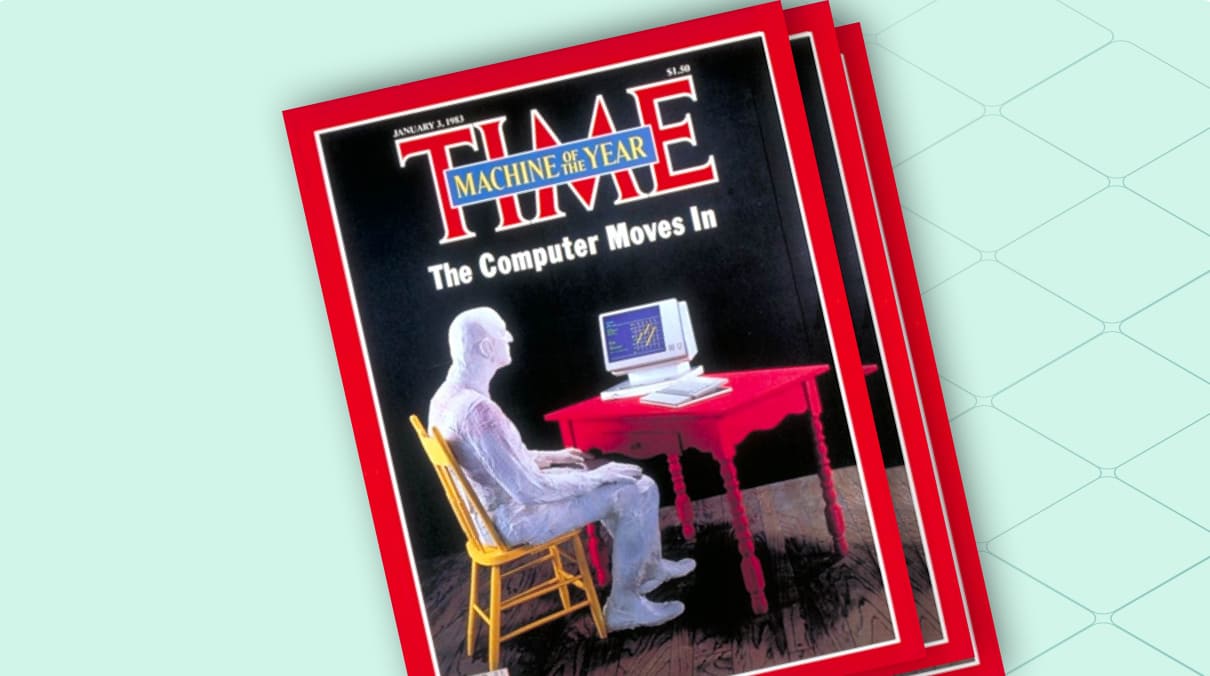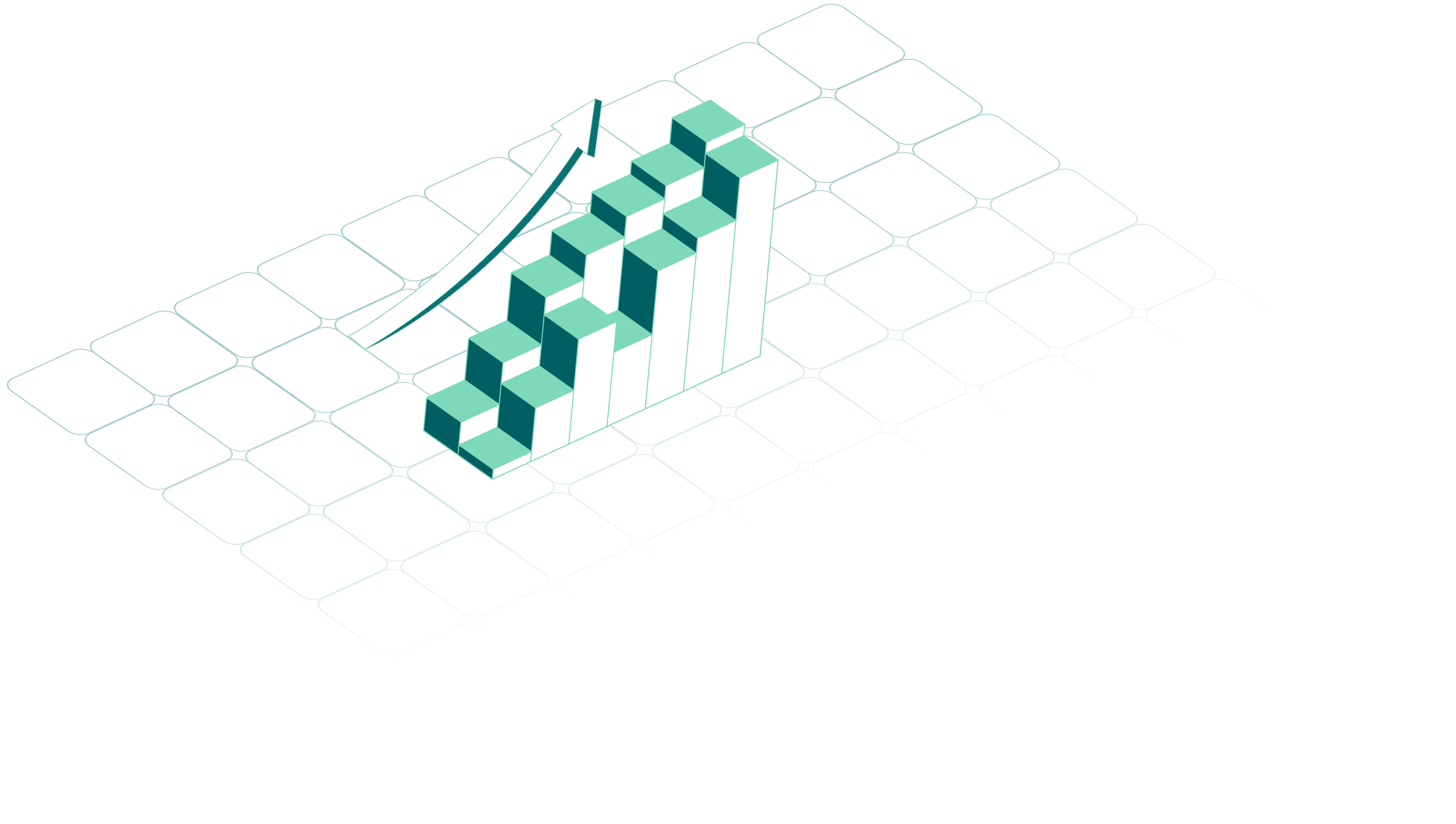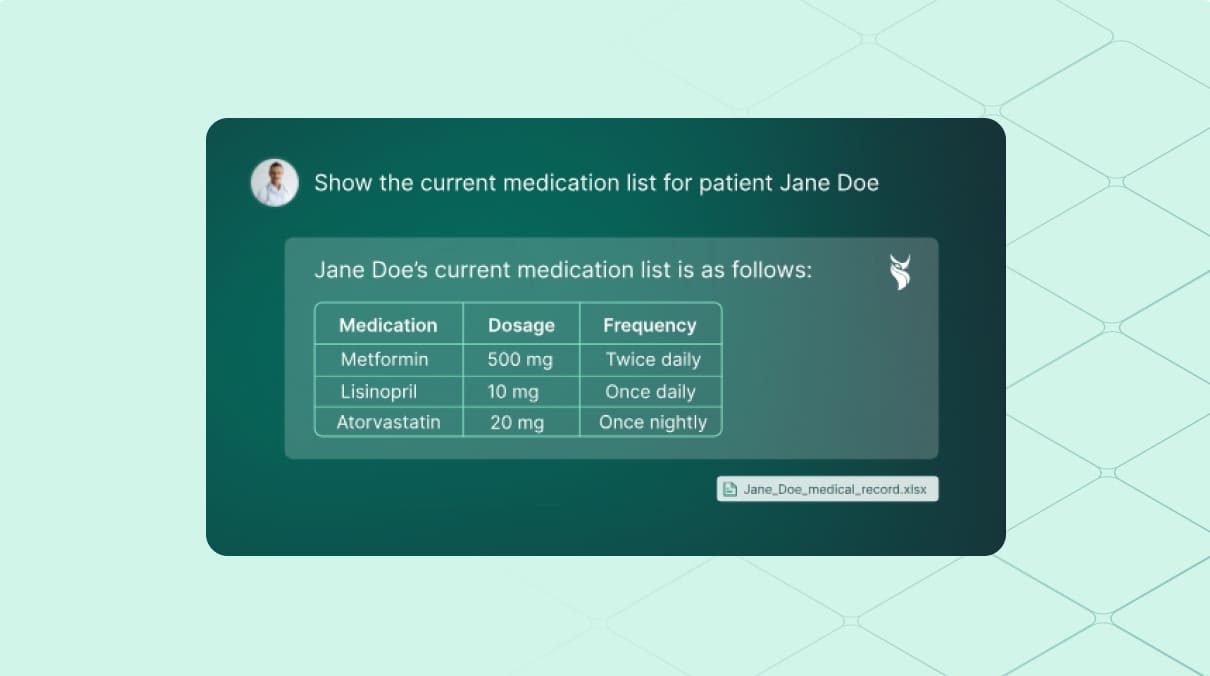GenAI: Revolutionizing work for better or worse?

In 1982, Time’s Person of the Year was… a computer. Fast forward 42 years, and another game-changing technology has arrived: Generative AI.
According to a Salesforce study, half of global workers believe mastering generative AI will increase job satisfaction (51%), make them sought after in the workplace (47%), and lead to higher pay (44%).
The good, the bad, and the costly
Creating a professional video involves a lot of work. Or at least it used to.
Finding locations, hiring models, and hours of editing are now things of the past. With generative AI, a filmmaker can create an entire video with a single prompt, seamlessly change backgrounds, and even add AI-generated voiceovers.
In the workplace, Gen AI can transcribe and summarize meetings (Otter AI), provide personal banking advice (Bank of America’s Erica), and answer any question by analyzing company data (Seraf).
There are probably hundreds of other hands-on (and often mundane) tasks GeAI can do, freeing employees to focus on more strategic initiatives.
The future of AI in organizations
But the future of AI-filled organizations could go in many directions. AI has the potential to mentor or manipulate. It can provide advice and monitor performance for hundreds of workers simultaneously.
Managers and leaders must commit to reorganizing work around AI in ways that help, not hurt, their human workers. They need to clearly define their vision for how AI will make work better.
Organizations also need to consider how the use of generative AI tools by employees will impact the company long-term. A recent study found that 15% of employees regularly post company data into ChatGPT, with over a quarter of that data being sensitive information.
This poses a risk of security breaches, as some generative AI tools train their models on the collective prompts people enter.
Hallucinations
Then there’s making stuff up.
Generative AI tools aren’t perfect and often provide inaccurate outputs.
OpenAI warns that ChatGPT “can make mistakes.” Anthropic says that Claude “may display incorrect or harmful information,” and Google’s Gemini advises users to “double-check its responses.”
No matter how fluent and confident AI-generated text sounds, it can’t be fully trusted.
Facebook lands in hot water
The legal ramifications of AI hallucinations can be significant, including defamation, invasion of privacy, and copyright infringement.
For example, a deepfake video in 2019 falsely depicted Mark Zuckerberg making offensive remarks. The video went viral, the company’s stock price dropped, and legal action followed.
Final thoughts
It might not make this year’s cover of the Time, but if GenAI can reduce a weeks-long process to just a few days, it represents a profound shift in how work gets done.
Leaders must adopt GenAI in a way that ensures the work produced is accurate and secure, preventing data leaks and inaccuracies. By integrating AI thoughtfully and responsibly, businesses can harness its power to create a more efficient, innovative, and ultimately, more human-centered workplace.
Get valuable insights about AI and business automation
Rely on Seraf, AI that consolidates all your systems




